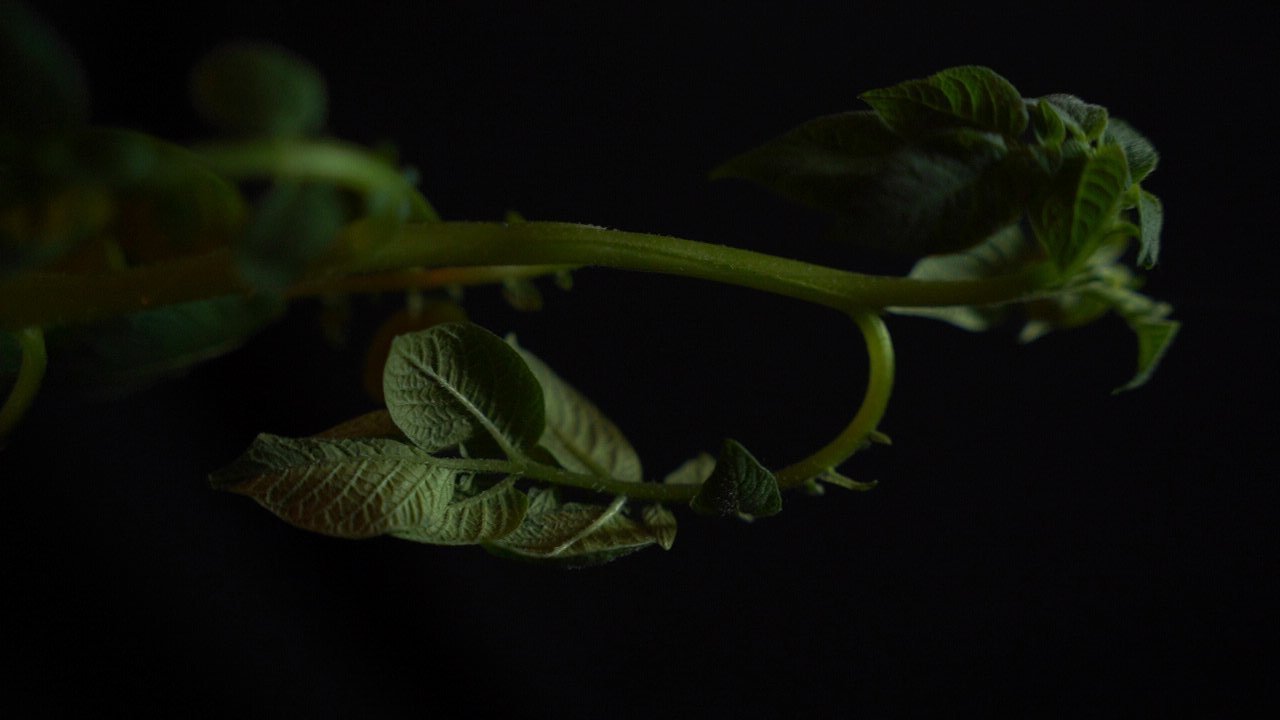
Children of Hungry Ghosts
Sibhse, a bhfuil fonn cothú spioradálta oraibh,
You, Children of Hungry Ghosts
Tráite as duibheagán an bhróin,
marked by grief from the ocean
Cráite ag an gcumha.
aching for home
Sibhse, a bhfuil fonn cothú spioradálta oraibh,
you who toil and itch for nourishment
Atá caillte, tréigthe leis an uaigneas;
You have been starved for so long
Bolgshúileach agus bolgata, ar lorg bhealach bhur bhfuascailte.
Wide-eyed and searching for the thing to make you whole
Tá an freagra le fáil i measc na sluaite stiúgtha—
The answer is in the faces of those who are now like our ancestors
Sínimis ár lámha amach chucu siúd:
Reach towards them
Óir bhíodh ocras orainne chomh maith tráth den saol.
We who were once hungry, now have a duty to feed
Children of Hungry Ghosts (2024)
In the mid-17th century,
British forces sought to eradicate Irish resistance to them and to seize fertile Irish land by displacing Irish Catholics to the west of Ireland (Connaught). This displacement came with an immense eco-cultural shift and the preceding years were marked by culture-erasing penal laws, mass exportation of Irish resources, and subsequent famines. Under British rule, Ireland was actively underdeveloped and continuously stripped of its resources to fuel England’s industrial revolution as its designated “breadbasket”.
In 1845 this exploitation came to a head after the devastating effects of Phytophthora infestans. This fungus infected the potato crops, which had become a staple of the displaced Irish population, with minimal support from British forces. Thus, An Gorta Mór, or The Great Hunger, contributed to the mass emigration, starvation, and hunger-related deaths of the Irish. At the peak of Irish immigration between 1845 and 1852, it was estimated that nearly two million people emigrated to the United States.
For Irish Americans, the history of the famine is perhaps not as distant as we would like. Witnessing the genocide in Palestine brings forth the memories of all previous colonial enterprises and their attempts to reshape the land and its people. It is a moral imperative that we recognize this memory and understand that it connects us to an ancestral struggle against colonization and that it must propel us forward toward ending the genocide in Palestine.
Thank you to Cnuasach-Bhéaloideas-Éireann-The-National-Folklore-Collection & the Rhode Island Folklife Project Collection at the Library of Congress.
In running toward power, what have we left behind? Who have we left behind? After all this chasing of the American dream, why do we still feel hungry? We, the children of hungry ghosts, bend ourselves in all manner of ways to forget the memory of that hunger. We’ve tried to forget our ancestors, we’ve tried to forget our home. But the memory persists. We have a responsibility now, every one of us. A responsibility and a duty to build something stronger than walls.
The Great Hunger (an Gorta Mó), 2023
Why don’t I hear your voice anymore? (2023)
Taking Root (2023)
Work Hound (2024)
Erin (2024)
Pete Seeger (2024)
Erin part 2 (2024)
Open your arms to all the world (2024)










